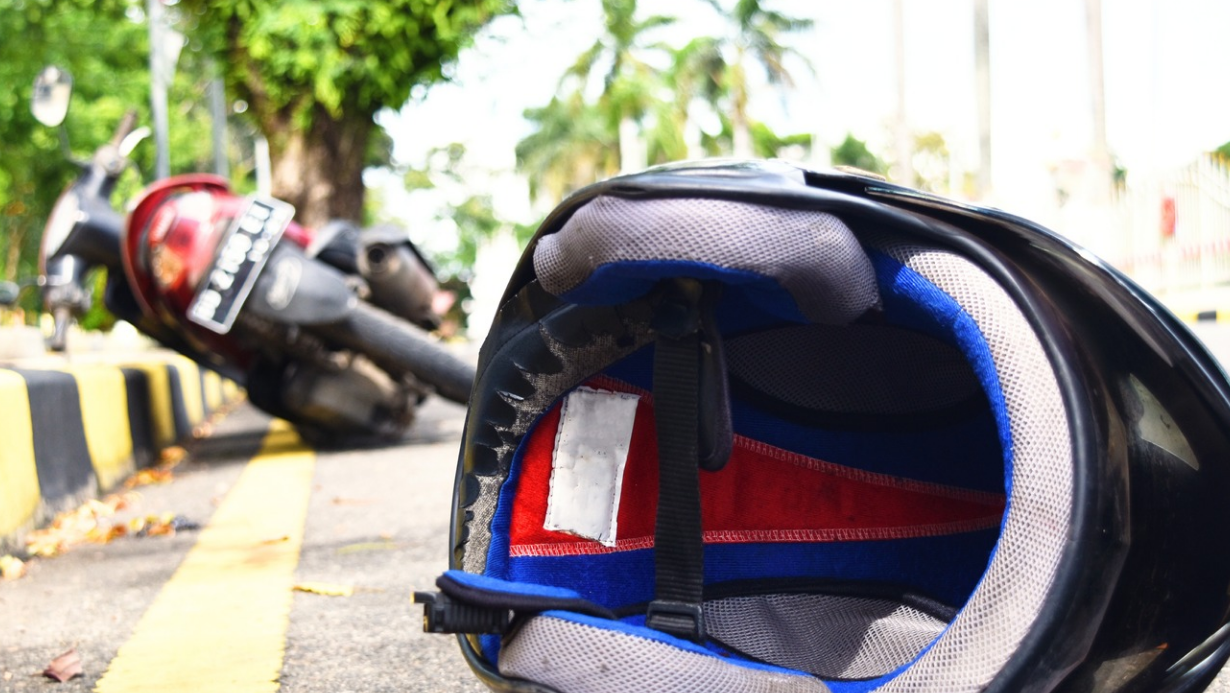Did you know that in 2023, there were approximately 5,579 motorcycle deaths, with a concerning rate of 31.64 per 100 million miles traveled? Motorcycle riders are 28 times more likely to lose their lives in a fatal driving crash compared with other motorists on the road because they have far less protection in a crash.
According to a Charlotte motorcycle accident attorney, motorcycle collisions can happen in a lot of different situations and are often caused by things like bad road conditions, rider behavior, and interactions with other vehicles.
Let’s look into the harsh realities and long-term impacts of motorcycle accidents so you can make better choices when driving.
The Physical Trauma of Motorcycle Crashes
Experiencing a motorcycle crash can result in severe physical trauma that may lead to long-term consequences. The impact can cause a range of injuries, from scrapes and bruises to more serious harm like broken bones, head injuries, and spinal cord damage.
The force of the collision can throw you off your bike, leading to painful fractures and muscle strains. Road rash, a common injury in motorcycle accidents, occurs when skin scrapes against the pavement, causing painful abrasions that may require extensive treatment.
Regarding external injuries, the internal damage caused by a motorcycle crash can be equally devastating. Organ damage, internal bleeding, and traumatic brain injuries are all potential consequences of a high-impact collision.
These injuries may not always be immediately apparent; that’s why it’s important to seek medical attention after any motorcycle accident. Even seemingly minor injuries can have lasting effects on your health and well-being.
Emotional Impact on Riders and Families
According to www.renicklawfirm.com, riders often experience feelings of fear, anxiety, and even post-traumatic stress disorder (PTSD) following a crash. The sense of vulnerability and helplessness can be overwhelming, impacting their confidence and willingness to ride again.
For families, the emotional impact can be equally devastating. The constant worry for the rider’s safety, coupled with the guilt of not being able to prevent the accident, can lead to strained relationships and heightened stress levels.
Witnessing a loved one go through such a traumatic event can create feelings of helplessness and despair.
Financial Burden and Legal Consequences
The financial burden and legal consequences of a motorcycle accident can have long-lasting repercussions on both the rider and their families. In the immediate aftermath of an accident, medical bills, repair costs, and lost wages can quickly pile up, causing a major financial burden.
Insurance coverage may not always be sufficient to cover all expenses, leaving you to deal with the remaining costs. If the accident results in a legal battle, you may face lawsuits, settlements, or court fees, adding to the financial stress.
In some cases, you may face legal action from other parties involved in the accident, further adding to your stress and financial burden. It is best to hire a motorcycle accident lawyer who can represent you and help you win your case.
Long-Term Effects on Mental Health
As mentioned, a rider may suffer from the emotional toll of such an event. Anxiety, depression, PTSD, and even phobias related to riding are common long-term mental health effects experienced by individuals who’ve been in motorcycle accidents.
These issues can manifest gradually, sometimes appearing months after the accident, making it necessary to monitor your mental well-being continuously. Sleep disturbances, irritability, and sudden mood swings may also develop, impacting your daily life and relationships.
Coping Strategies and Support Systems
You need to have a solid support system in order to recover from your injuries. It’s normal to feel overwhelmed, anxious, or even scared after such a traumatic event. To help you handle these difficult emotions, consider seeking professional help from therapists or support groups specialized in trauma and accident recovery.
Engaging in activities that bring you joy and relaxation, such as hobbies or spending time with loved ones, can aid your emotional healing process.
Surround yourself with compassionate, understanding individuals who can offer encouragement and assistance when needed. Whether it’s family, friends, or support groups, having a network of people who genuinely care about your well-being can make a significant difference in how you cope with the aftermath of a motorcycle accident.
Conclusion
As a motorcycle rider, you should be aware of these risks and take the necessary precautions to protect yourself on the road. Remember to prioritize safety, seek support when needed, and stay informed about coping strategies to handle the aftermath of a motorcycle crash. Stay safe out there.





